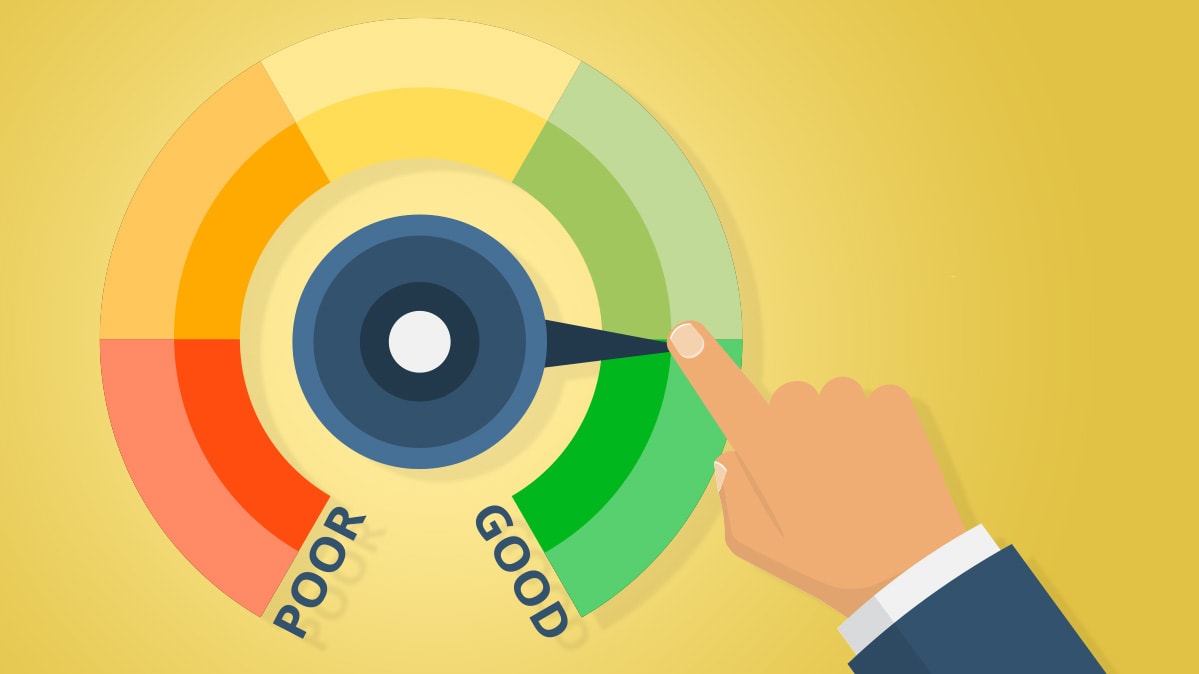Frugal Living Without Looking Like a Cheapskate

The global economy is engulfed in multiple crises. Purchasing power is on the decline globally with inflation on the rise. While there are certain other measures that one can take to mitigate the ongoing situation, frugal living surely sounds like an you should look into.
Frugality, in essence, is one’s ability to be careful with finances. But stereotypes have made frugal living synonymous with being a cheapskate. There is certainly a difference between the two.
While the former is about being cautious with their spending habits, the latter is simply a reluctance to spend, even for basic comforts of life.
So, if you are interested in living frugally – honestly, who would not want to, considering where the economy is headed – this guide is for you.
But before we proceed, we should reiterate the distinction between the two. Such a distinction would help us not fall for the stereotypes. Most importantly, financial management require your discretion, so that you can spend sensibly and give assistance to those that depend on you.
Don’t allow bad spending habits to cloud your judgment. Having a sound financial judgment helps you not only make frugal choices but also helps businesses direct budget to key areas. Professional chartered accountants inform businesses about their spending habits.
These accountants have to go through rigorous certifications and exams to be able to become financial consultants for businesses. If you are interested in becoming a CPA, you should check out your CPA state requirements, and proceed to get yourself credentialed in the right courses.
Frugality has a lot to do with staying committed to your financial goals and spending in line with a plan. Before you start living frugally, here are a few tips to help you transition the right way:
Table of Contents
Evaluate your finances
This advice may sound basic, but it cannot be stressed enough. Before you can plan your finances, you need an evaluation.
The first thing you need to do is have a clear understanding of the inflows and outflows of money from your account. Also, assess if you have debts or discrete costs to pay. These are usually deducted from your account without you even noticing.
Once you understand your financial situation, you will be in a better position to transition to a frugal lifestyle.
Assess your expenditures
How much of the income do you spend? Are all your expenses necessary? Can you make cuts in spending?
The above are some questions you need to ask yourself.
Once you have your answers, you can start cutting unnecessary expenses to get a more balanced credit statement.
Your goal is to avoid deficits and to end with a surplus, so you have some money left for saving. Once you start eliminating unnecessary expenditures, such as useless magazine subscriptions, you will see how well you can live within your means.
Create a budget
So, you are now clear about your finances, and you have reduced your expenditures as well. Now, you need to create a budget for the next six months.
This budget will dictate how you will you be spending your money. It will also dictate how much of your income would go into a savings fund.
The key to making a good budget is to narrow it down to the essentials. Grocery, rent, bills, and occasional outings can be a part of your budget.
But if you want to go ahead and shop for a pair of new shoes, make sure you ask yourself whether you really need a new pair.
Save
If you need help with saving money, set up a bank account for keeping your money stashed safely away.
A new bank account will make sure you don’t have to consciously make the decision to save every time when you receive your salary. A chunk of the salary should automatically route into the second account for saving.
Savings are great to have when you are struck with misfortune. You should have something to fall back on.
Be honest with people
As mentioned before, people tend to mistake frugality for being a cheapskate. If your friends invite you to join on their outings, make sure you let them know what you are trying to do with your finances.
Tell them that you are trying to live on a budget and can only join them occasionally. Not only will you avoid creating a negative impression but your friends will start to respect you more for being good with money.
If you continue to make excuses, you would only get labeled with something you desperately want to avoid. If you are trying to build a future by being frugal, your friends should learn to respect your boundaries.
Conclusion
The above-mentioned tips can help you start living more frugally. To take things up a notch, you can even start DIY projects and learn to do different things around the house, so you don’t have to hire professional services every time you get a leaky faucet.





